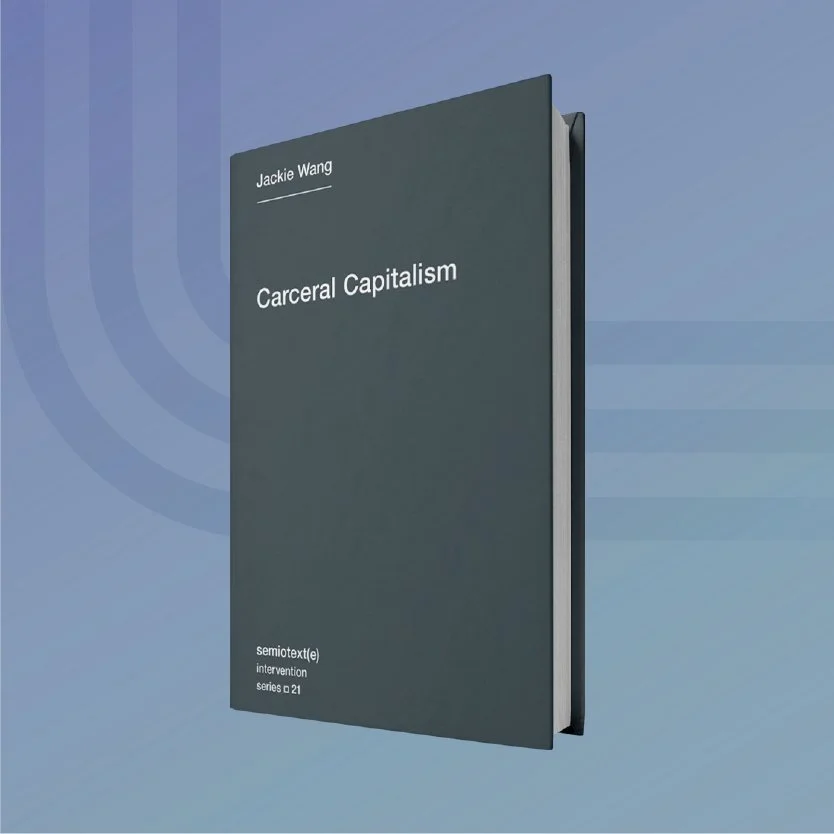Carceral Capitalism
by Jackie Wang
Carceral Capitalism is a compilation of essays that analyze the carceral logic of racial capitalism, including the methods of extraction and expropriation employed under parasitic governance and predatory lending. Wang essentially outlines the symbiotic relationship between racial capitalism and the carceral state.
“It is usually the case that somewhere in the world, yesterday’s workers are today’s surplus population. This process continually opens up new domains for expropriation and value generation, whether it is through moneylending or warehousing people in prisons.”
MY TAKEAWAYS
The two main modalities of contemporary racial capitalism are predatory lending and parasitic governance.
Risk assessments/indicators like credit scores are not race-neutral, they are “merely [indexes] of already-existing inequality, and a way to distinguish which people should be expropriated from and which should be merely exploited.”
“The conversion of poverty into a personal moral failure was intimately tied to the construction of Black Americans as disposable and subject to mass incarceration.”
Parasitic governance employees five primary techniques: financial states of exception, automated processing, extraction and looting, confinement, and gratuitous violence.
Municipalities use police power and court systems to extract revenue from their citizens in order to remain solvent.
Municipalities use fee and fine farming to generate revenue. When they borrow money and fail to gain enough revenue as promised, it is the people who pay, not the municipality. Poor Black communities are the most commonly targeted.
“Although even the academics who produced and popularized the myth of the juvenile superpredator in the 1990s have since acknowledged the wrongheadedness of their claims, the laws that were passed during this period remain on the books.”
Predictive policing and technologies like PredPol and Compstat are touted as “unbiased” and “evidence-based” methods of predicting and preventing crime, but they create a self-serving feedback loop while widening the net of carceral control and surveillance.
Using a constructed version of “innocence” as a pre-condition for offering empathy or activism to victims of state violence falls short in challenging the system as a whole, and actually reinforces its facade of legitimacy.
In examining the power dynamics and perceptions of freedom at play between the jailed and the jailer, Wang quotes Mahmoud Darwish: “He who lives on depriving others of light drowns in the darkness of his own shadow.”

